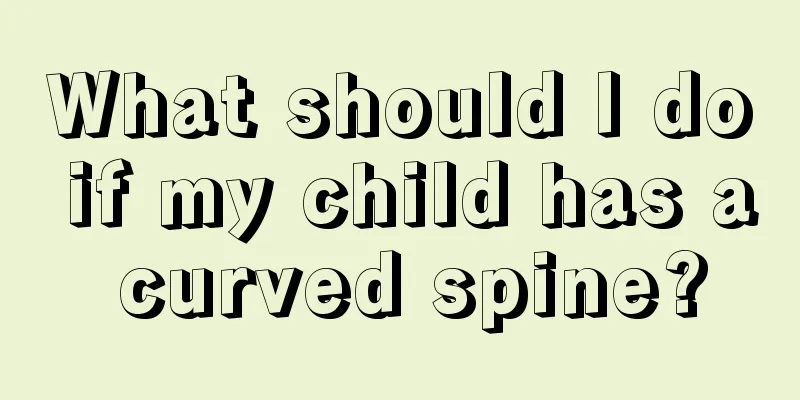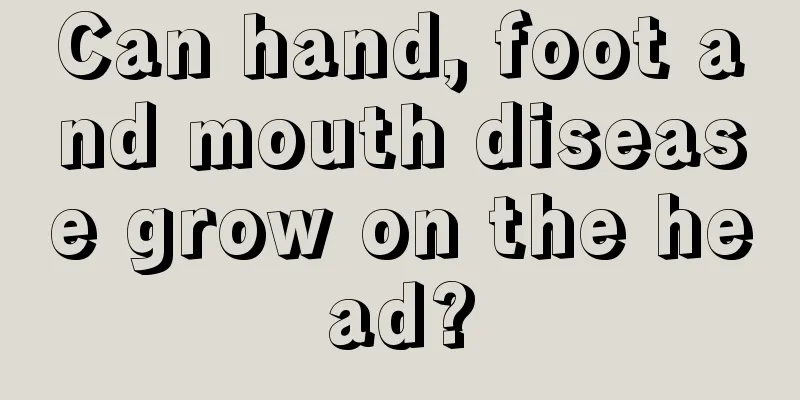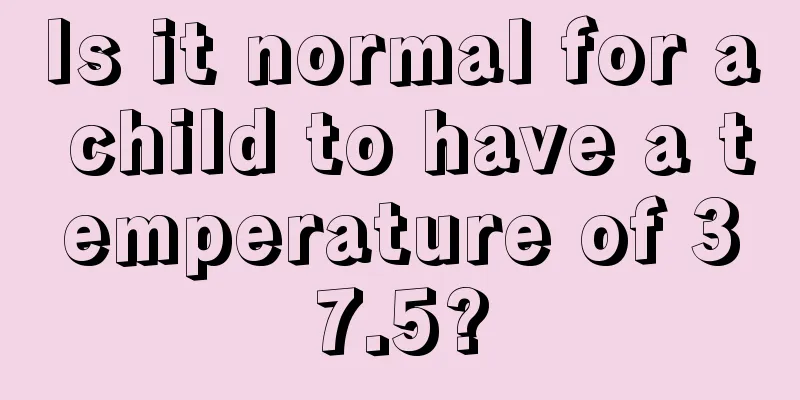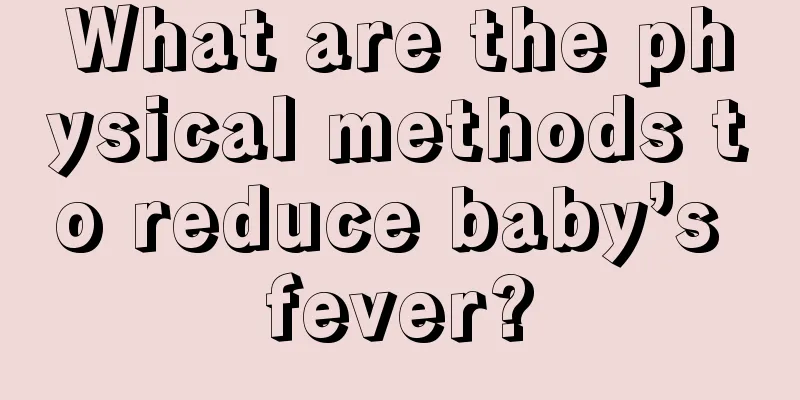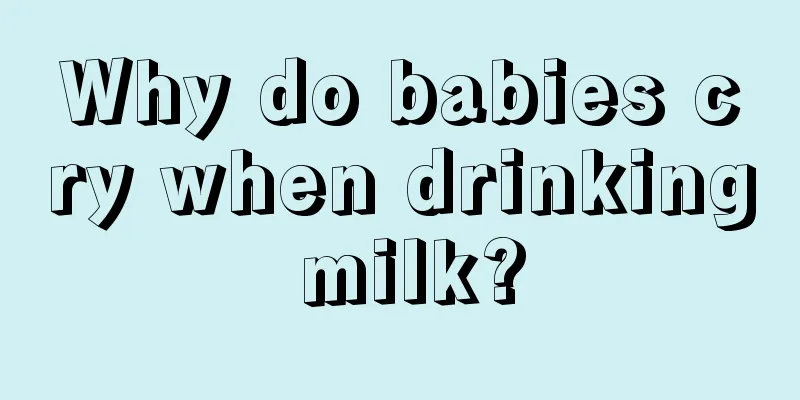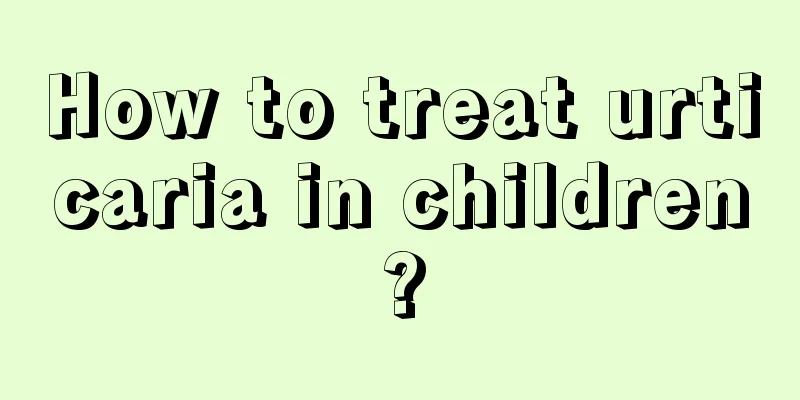What are the symptoms of hand, foot and mouth disease encephalitis?
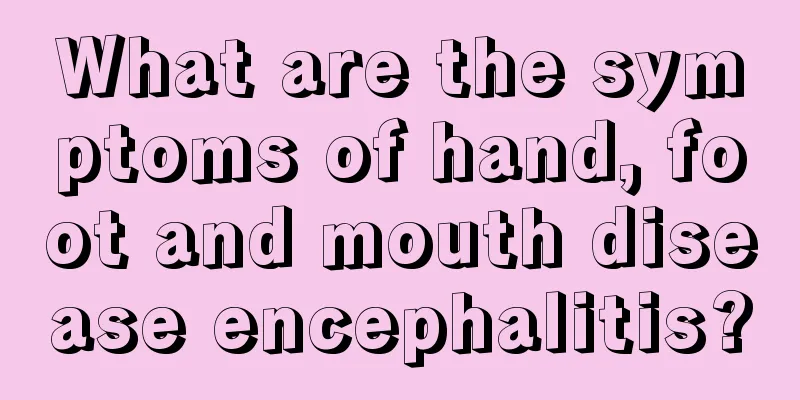
|
Hand, foot and mouth disease is a common infectious disease that mainly affects children. If infants develop hand, foot and mouth disease and are not treated in time, it is easy to develop hand, foot and mouth disease encephalitis. Hand, foot and mouth disease encephalitis can cause symptoms such as fever, headache, and vomiting in infants. 1. Children in the prodromal phase have symptoms such as fever, headache, myalgia, vomiting, and diarrhea. 2. The symptoms of encephalitis vary in severity, mainly manifested as neuropsychiatric abnormalities. Manifestations of neurological abnormalities include fever, headache, vomiting, drowsiness, coma, convulsions, etc. In severe cases, abnormal symptoms may occur in the cerebrum, hypothalamus, basal ganglia, brainstem, cerebellum and spinal cord. Mental abnormalities manifest as excitement, talkativeness, irritability, crying and laughing at random, insomnia, abnormal behavior, hallucinations, fantasies, or indifferent expression, silence, decreased activity, refusal to eat, poor orientation, memory loss, incontinence, etc. 3. Associated symptoms: Symptoms of corresponding viral infection occur before or simultaneously with the onset of encephalitis. treat (I) Hospitalization General treatment: Children with encephalitis should be hospitalized. After hospitalization, closely observe changes in consciousness, pay attention to changes in body temperature, pulse, breathing and blood pressure. Pay attention to pupil size at any time. Once changes occur, symptomatic treatment should be carried out. Pay attention to nutrition and calorie supplementation, and comatose patients can be fed through the nose. Frequent convulsions should be intravenously infused, with a daily fluid volume of 50-0ml/kg. When using dehydrating agents, pay attention to supplement potassium salts. Comatose patients should be turned over frequently, keep their skin clean and dry, and prevent bedsores. Keep the mouth clean. Comatose patients who cannot close their eyes should protect their eyes, pay attention to hygiene and protect the cornea. Children with convulsions should prevent tongue bites and prevent the root of the tongue from falling back and blocking the respiratory tract. (II) Symptomatic treatment 1. When the patient has a high fever, the room temperature should be lowered (controlled at 26-28℃). Physical cooling can be performed on the patient, such as alcohol bath, warm water bath or ice pack. Analgin can be used for nasal drops or intramuscular injection of Bupleurum. If the patient has a persistent high fever or convulsions, sub-hibernation therapy can be used (using chlorpromazine and promethazine 0.5-1 mg/kg each time, intramuscular injection once every 4-6 hours. |
<<: Why do children suffer from ADHD? What factors does ADHD involve?
>>: Can allergic rhinitis be contagious to babies?
Recommend
What should I do if my baby has a high fever and bacterial infection?
After a baby is infected with bacteria, he or she...
Baby's diet adjustment
Because the baby's body has not been fully de...
How to detect the intelligence of newborns
For newborns, parents are most concerned about he...
What should children eat if they are always constipated?
Children are in a critical period of growth. If t...
What happens if children eat too many almonds?
Almonds are very nutritious nuts, rich in fatty a...
What should I do if the beans planted by my baby become festering and burst?
Planting beans for babies is actually a common na...
Breastfed baby's tongue turns yellow
Babies who drink breast milk have one thing in co...
Can vitiligo in children be cured?
Vitiligo can occur not only in adults, but also i...
What is the order of children's deciduous teeth replacement?
Many parents usually pay more attention to their ...
What to do if there is hard earwax in the baby's ear
Many people have earwax in their ears, and childr...
Do children need to have their decayed teeth filled?
It is very common for children to have cavities. ...
What to do about eczema in children
Eczema is a very common disease. This type of dis...
What to do if your baby catches a cold and coughs
Baby colds and coughs are very common diseases. I...
What causes children to often have oral ulcers?
Children often get oral ulcers because of lack of...
Causes of convulsions in children
Some people will experience convulsions inadverte...
